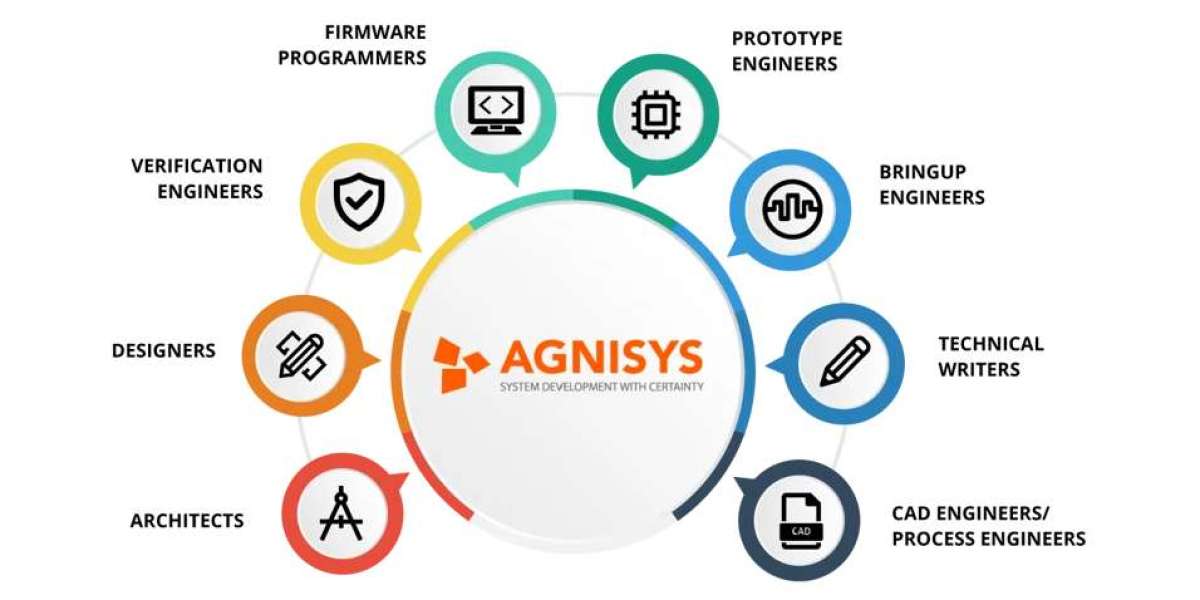Introduction
In the realm of semiconductor design and verification, precision and efficiency are paramount. The PSS Compiler, an integral part of the Portable Stimulus Standard (PSS), stands at the forefront of modern hardware verification, promising to revolutionize the way engineers approach this critical process. This article takes an in-depth look at the PSS Compiler and its transformative impact on the semiconductor industry.
The Portable Stimulus Standard (PSS): An Overview
The Portable Stimulus Standard is an industry-wide initiative that introduces a higher level of abstraction into verification. It allows engineers to specify verification intent using a language-agnostic approach, free from the constraints of specific languages or platforms. PSS aims to improve the efficiency and effectiveness of hardware verification, and the PSS Compiler plays a pivotal role in achieving these goals.
The PSS Compiler: Redefining Verification
The PSS Compiler is a software tool designed to convert high-level verification descriptions, composed in PSS-compliant languages, into executable test cases. This automation significantly reduces the need for manual translation, which is not only time-consuming but also prone to human error. By automating this process, the PSS Compiler simplifies hardware verification.
Key Advantages of PSS Compiler
Enhanced Efficiency: The PSS Compiler streamlines the verification process by automating test case generation. Moreover, the generated test cases are portable across various verification platforms, allowing engineers to focus on design intent rather than platform-specific intricacies.
Error Reduction: Manual translation of verification intent can introduce errors, potentially compromising the quality of the verification process. The PSS Compiler minimizes this risk, ensuring consistency and accuracy.
Cross-Platform Compatibility: PSS Compiler facilitates cross-functional collaboration by enabling the generation of portable test scenarios. This interoperability fosters effective communication among verification engineers working on different platforms.
Reusability: Test scenarios created using PSS are reusable across projects and platforms. This reusability reduces redundancy and saves valuable time and resources.
Accelerated Timelines: By automating key aspects of verification and minimizing errors, the PSS Compiler significantly accelerates project timelines, ensuring faster time-to-market for semiconductor designs.
Considerations for Adoption
While PSS Compiler offers remarkable benefits, its successful implementation requires proper training and familiarity with PSS. Integration into existing design and verification workflows may also necessitate some adjustments. However, the long-term advantages far outweigh these initial considerations.
Shaping the Future of Semiconductor Verification
As the semiconductor industry continues to advance, the demand for more sophisticated and reliable hardware designs grows. PSS Compiler, as a vital component of the Portable Stimulus Standard, empowers semiconductor companies to meet these evolving demands head-on. It simplifies verification, reduces errors, enhances collaboration, and accelerates project timelines, making it an indispensable tool in the industry's arsenal.
Conclusion
The PSS Compiler is a transformative technology that redefines the landscape of hardware verification. It offers a standardized and efficient approach that enhances precision, reduces errors, fosters collaboration, and ultimately accelerates the development of innovative and reliable semiconductor devices. In the ever-evolving semiconductor industry, the PSS Compiler is a beacon of progress and a testament to the industry's commitment to excellence.



